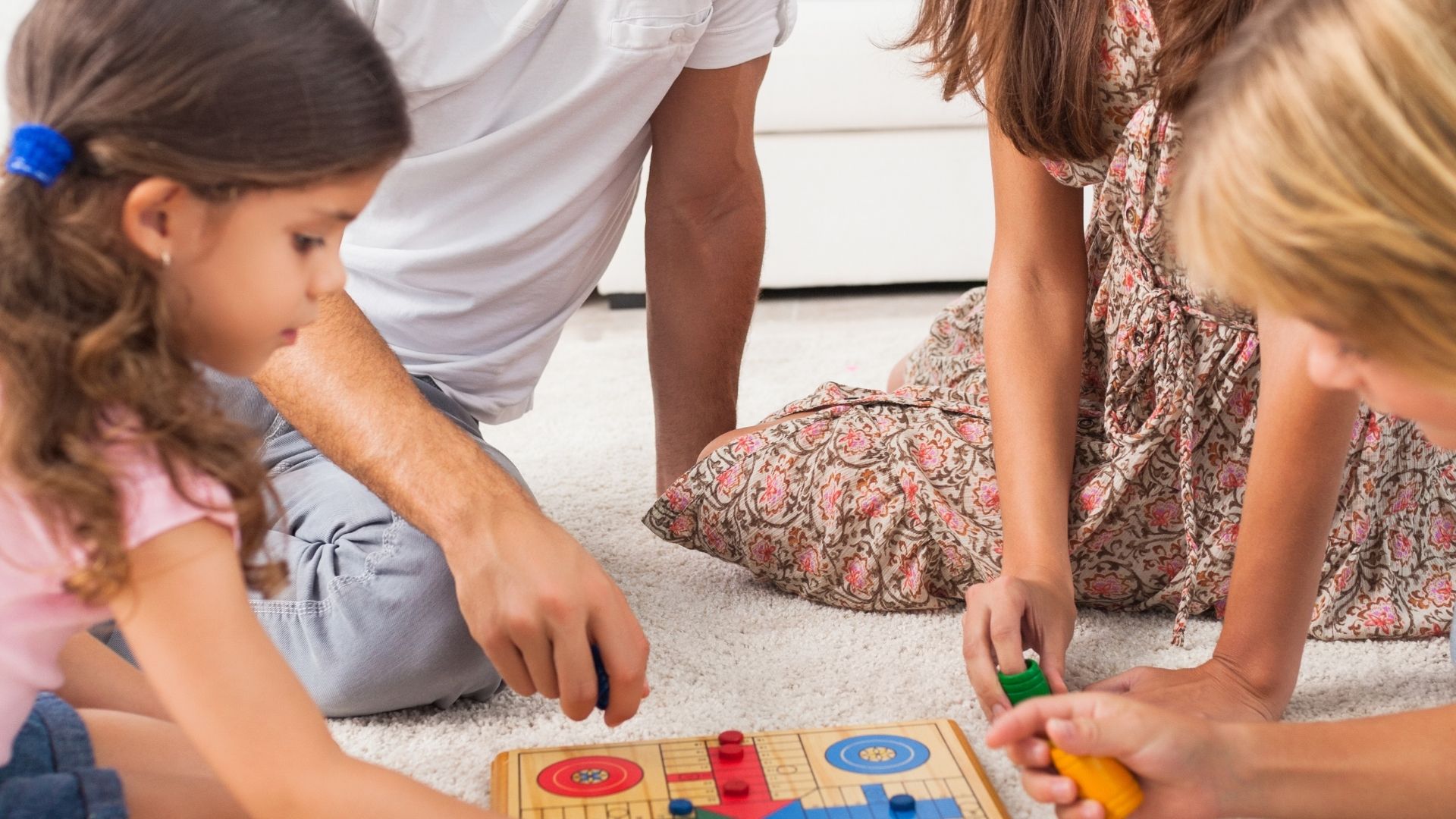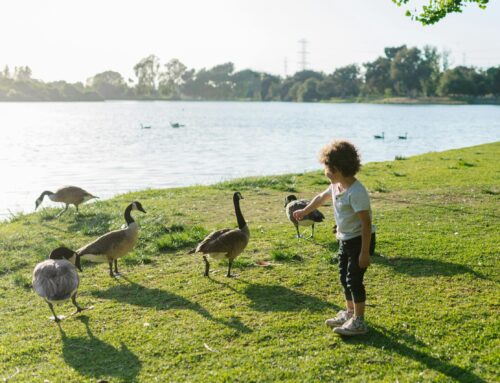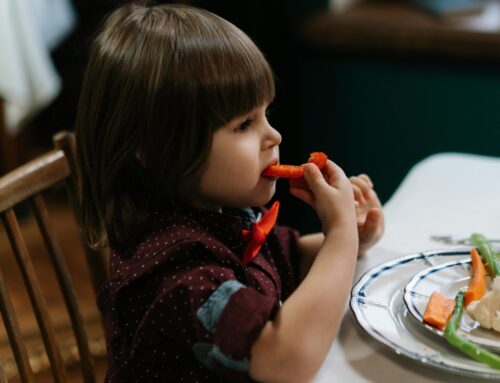Supporting your child’s social skills development is essential for their growth and future success. There are many fun and effective activities you can do at home to help your little ones build these important skills. Here are five creative ways to foster social skills development:
1. Role-Playing Games
Role-playing allows children to practice various social scenarios in a fun and engaging way:
- What to Do: Set up simple role-playing scenarios like greeting a friend or sharing toys. Take turns playing different roles to help your child understand and navigate different social situations.
- Why It Helps: This activity builds empathy, improves communication skills, and boosts confidence in handling real-life interactions.
2. Family Dinner Conversations
Meal times are a perfect opportunity to practice social skills in a relaxed setting:
- What to Do: Encourage your child to join in family conversations. Ask open-ended questions and let them share their thoughts and feelings.
- Why It Helps: This practice improves active listening, turn-taking in conversation, and self-expression while strengthening family bonds.
3. Game Nights
Board games and card games are great for teaching social skills like patience and cooperation:
- What to Do: Play age-appropriate games that involve turn-taking and following rules. Games such as “Candy Land” or “Chutes and Ladders” are excellent choices.
- Why It Helps: Games provide structured opportunities for children to practice patience, sportsmanship, and problem-solving.
4. Storytelling and Reading Together
Reading and storytelling can enhance your child’s understanding of social situations and emotions:
- What to Do: Read books featuring characters dealing with various social situations or emotions. Discuss the characters’ actions and relate them to your child’s experiences.
- Why It Helps: This activity fosters empathy and helps children learn about different social cues and emotions.
5. Emotion and Expression Games
Help your child understand and express their emotions through engaging activities:
- What to Do: Use emotion cards or create a “feelings wheel” to help your child identify and talk about their feelings. Act out different emotions or scenarios together.
- Why It Helps: This approach teaches children to recognize and express emotions appropriately, enhancing their ability to empathize with others.
By incorporating these creative activities into your daily routine, you can support your child’s social skills development in a fun and meaningful way. For more tips and resources on child development, feel free to contact our centre. We’re here to support your family’s growth and learning journey!






